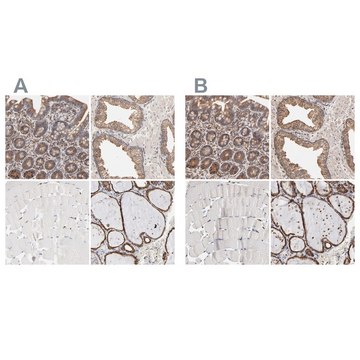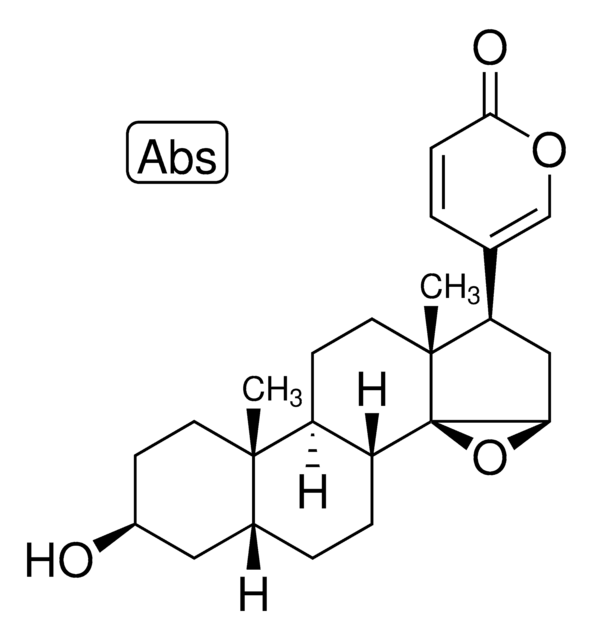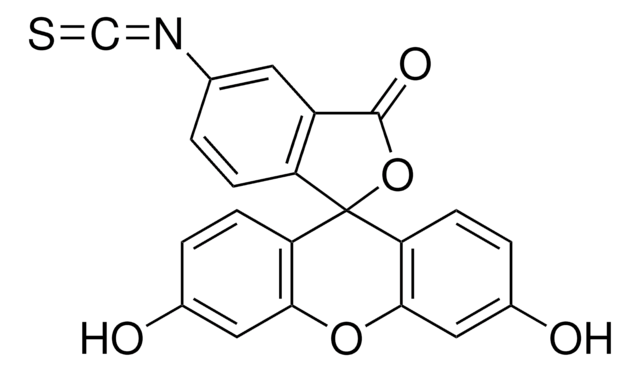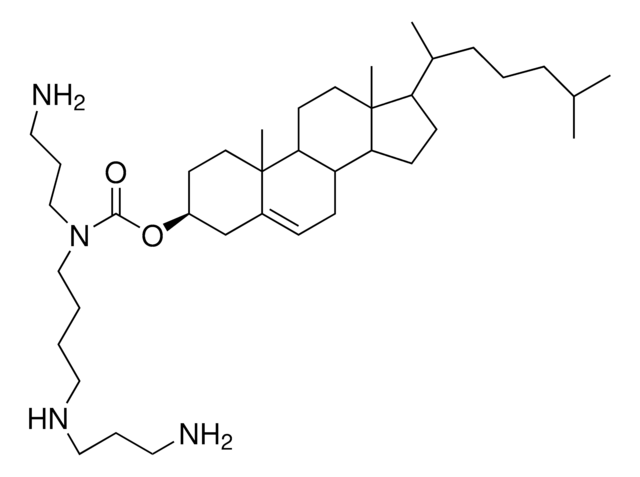추천 제품
일반 설명
Fas is a key component of apoptosis, and is a cell surface receptor. This gene is localized to human chromosome 10q24.1, and is composed of nine exons and eight introns.
생화학적/생리학적 작용
Fas and its ligand play an essential role in apoptosis, by activating the cell death signaling pathway. Mutations in this gene are associated with evasion of apoptosis by cells, leading to tumorigenesis, and prevention of clearance of these cells by the immune system. A polymorphism in this gene results in the production of soluble Fas (sFas), which is implicated in the chronic autoimmune disorder called primary Sjögren′s syndrome (pSS).
Fas intracellular domain, amino acids 191-335, is a widely expressed membrane receptor, which is responsible for controlling tissue homeostasis and immune responses. Fas receptor is activated by Fas ligand causing its trimerization. The aggregated Fas intracellular death domain recruits, via FADD adapter, pro-caspase-8 and forms a DISC (death-inducing signaling complex). Caspase 8, in turn, activates the downstream caspases, such as caspase 3, culminating in apoptosis.
Widely expressed membrane receptor responsible for controlling tissue homeostasis and immune responses.
물리적 형태
Solution in 50 mM Tris-HCl, pH 8.0, 2 mM EDTA, 2 mM DTT, 300 mM NaCl, 0.05% NP-40, and 10% sucrose.
Storage Class Code
10 - Combustible liquids
WGK
WGK 1
가장 최신 버전 중 하나를 선택하세요:
자사의 과학자팀은 생명 과학, 재료 과학, 화학 합성, 크로마토그래피, 분석 및 기타 많은 영역을 포함한 모든 과학 분야에 경험이 있습니다..
고객지원팀으로 연락바랍니다.








